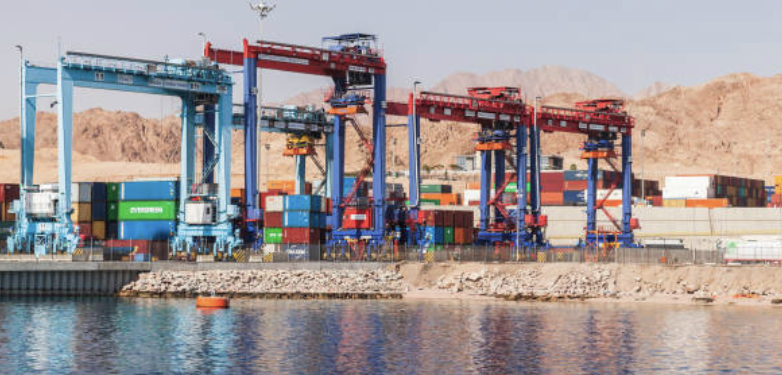
Posted on Monday, November 4, 2024
Importing roll forming machines into Jordan involves several key steps to ensure compliance with local regulations and smooth customs clearance.
1. Understand Import Regulations and Documentation
Before initiating the import process, familiarize yourself with Jordan's import requirements:
While invoices do not have to be in Arabic, the importer is required to provide an Arabic translation, typically handwritten on the actual invoice.
2. Compliance with Technical Standards
Verify that the roll forming machines meet Jordan's technical and safety standards. This may involve obtaining certifications or approvals from relevant Jordanian authorities to ensure the equipment complies with local regulations.
3. Determine Applicable Tariffs and Taxes
Utilize Jordan Customs' Integrated Tariff System (CITS) to ascertain the specific tariffs, import conditions, and any applicable trade agreements related to your machinery. This system provides detailed information on commodity tariffs and import requirements.
4. Engage a Licensed Customs Broker
Partner with a licensed customs broker in Jordan to facilitate the import process. These professionals are well-versed in local customs procedures and can assist in preparing and submitting the necessary documentation, ensuring compliance with all regulations.
5. Arrange for Shipping and Insurance
Coordinate with reputable shipping companies to transport your machinery to Jordan. Ensure that the shipment is adequately insured to cover potential risks during transit.
6. Plan for Installation and Training
Upon arrival, arrange for the proper installation of the roll forming machines. It's advisable to have technical experts oversee the setup to ensure optimal performance. Additionally, consider organizing training sessions for your staff to operate and maintain the equipment effectively.
7. Explore Local Suppliers
While importing is an option, exploring local suppliers in Jordan can be beneficial. Companies like Machine Matcher connect buyers and sellers of roll forming machines within Jordan, potentially offering cost savings and easier logistics.
By adhering to these steps and collaborating with experienced professionals, you can facilitate a seamless importation of roll forming machines into Jordan, ensuring compliance with all regulatory requirements.

Used Purlin Roll Forming Machines for Sale Worldwide
Posted on Sunday, January 25, 2026
Pre-Owned Roll Forming Machines for Purlin & Structural Steel Profiles

Used Roof Panel Roll Forming Machines for Sale Worldwide
Posted on Sunday, January 25, 2026
Pre-Owned Roll Forming Machines for Roofing Panel Production

Used Roll Forming Machines for Sale Worldwide
Posted on Tuesday, January 20, 2026
Pre-Owned Roll Forming Machines with Inspection, Verification & Global Support

Steel Coil Supply for Roll Forming Machines Worldwide
Posted on Tuesday, January 20, 2026
Reliable Steel Coil Supply for Roll Forming, Fabrication & Manufacturing Applications
Copyright 2026 © Machine Matcher.